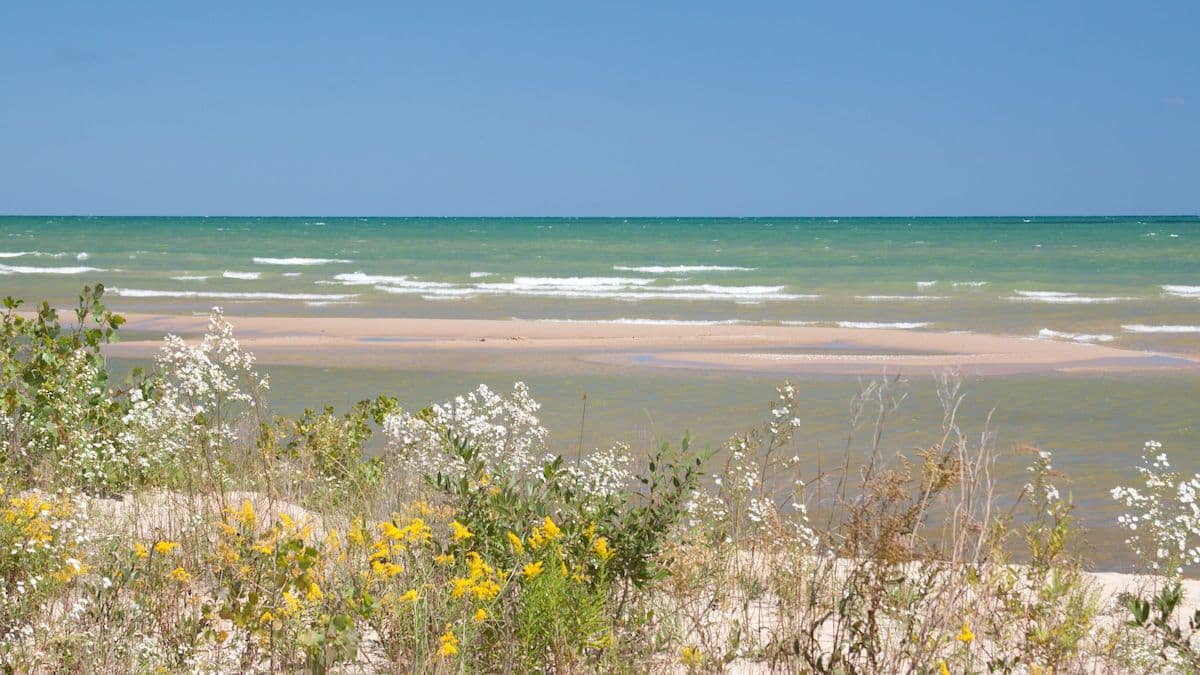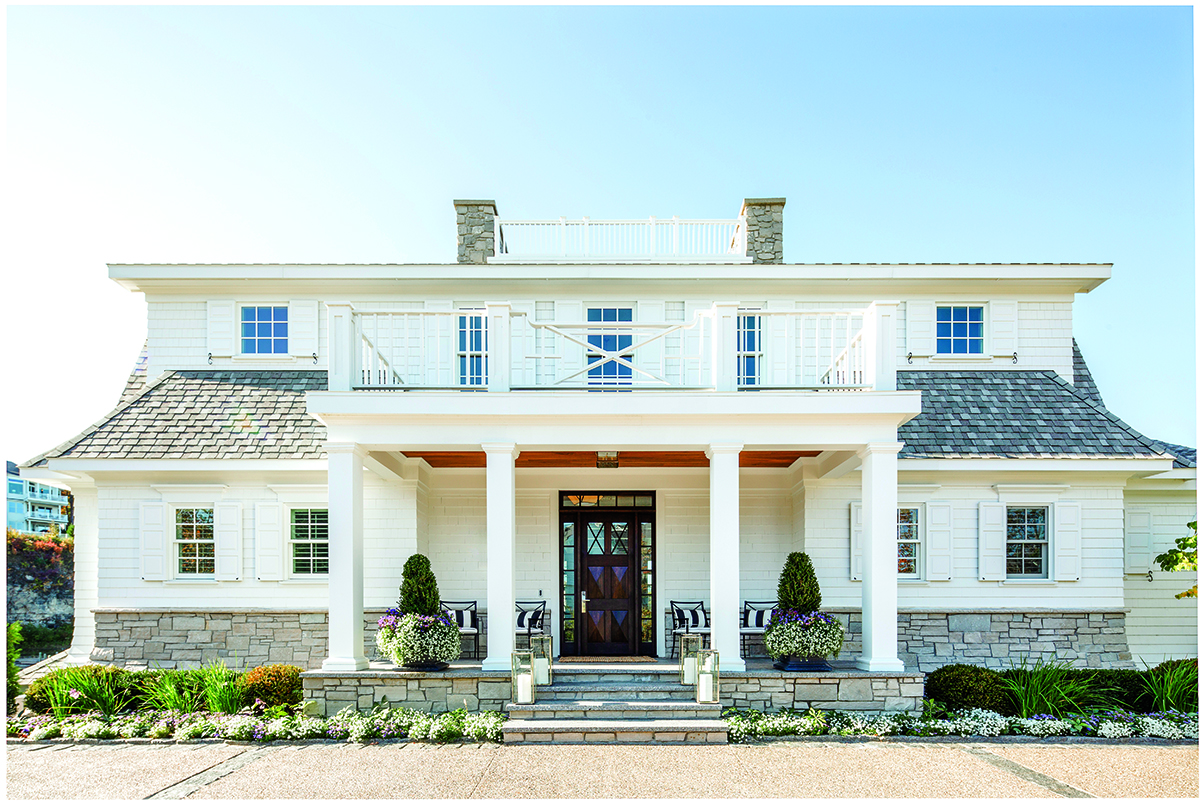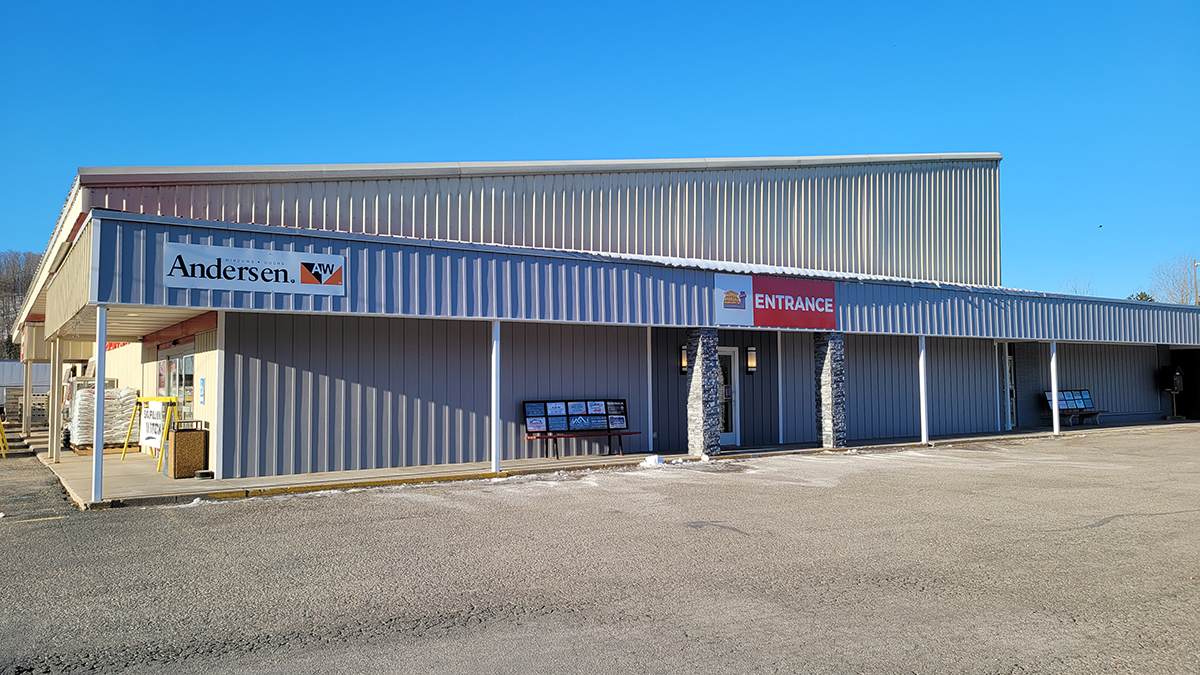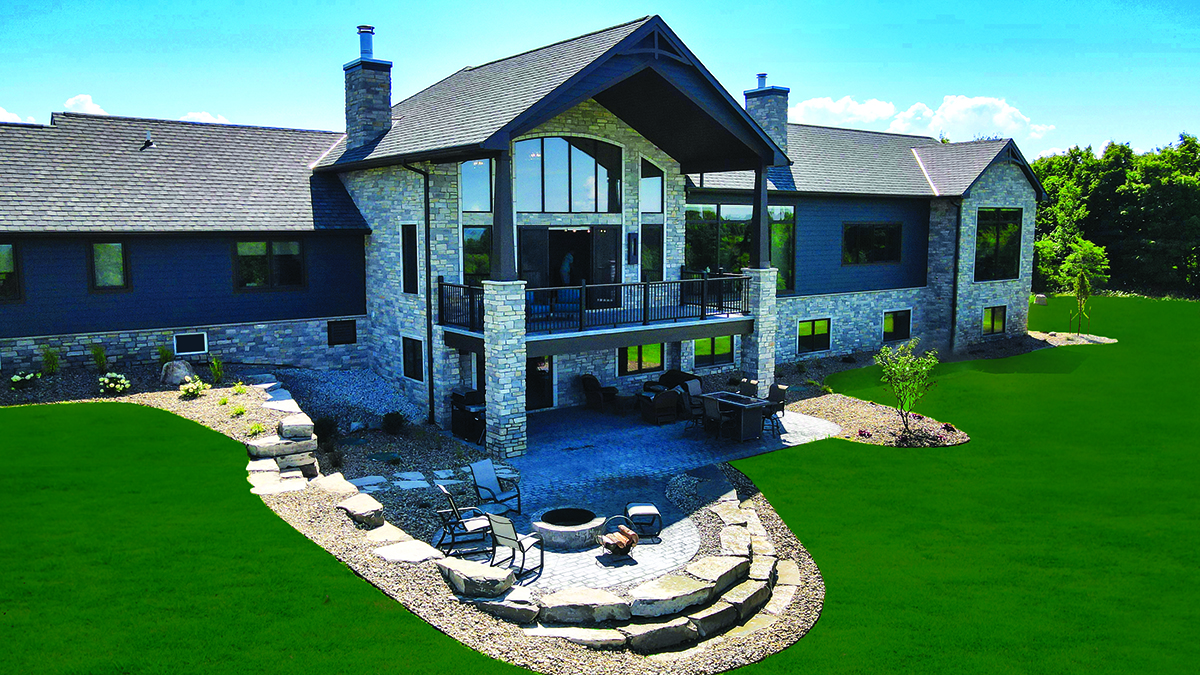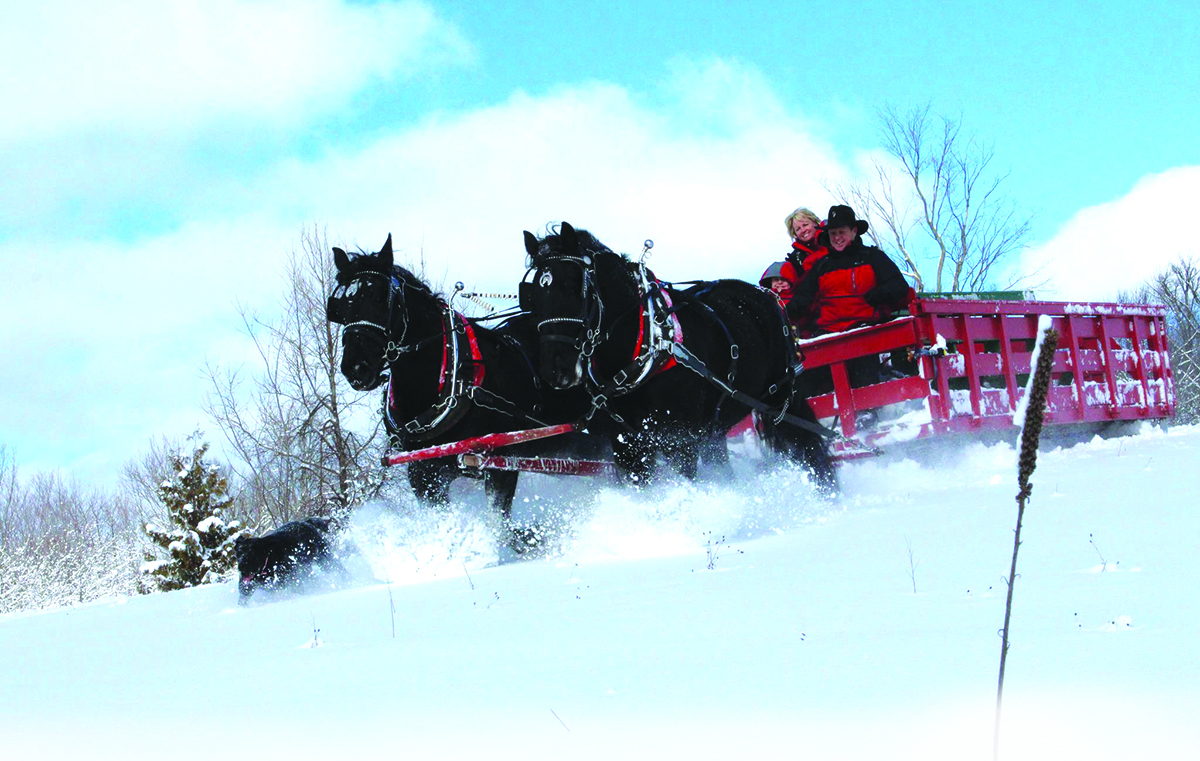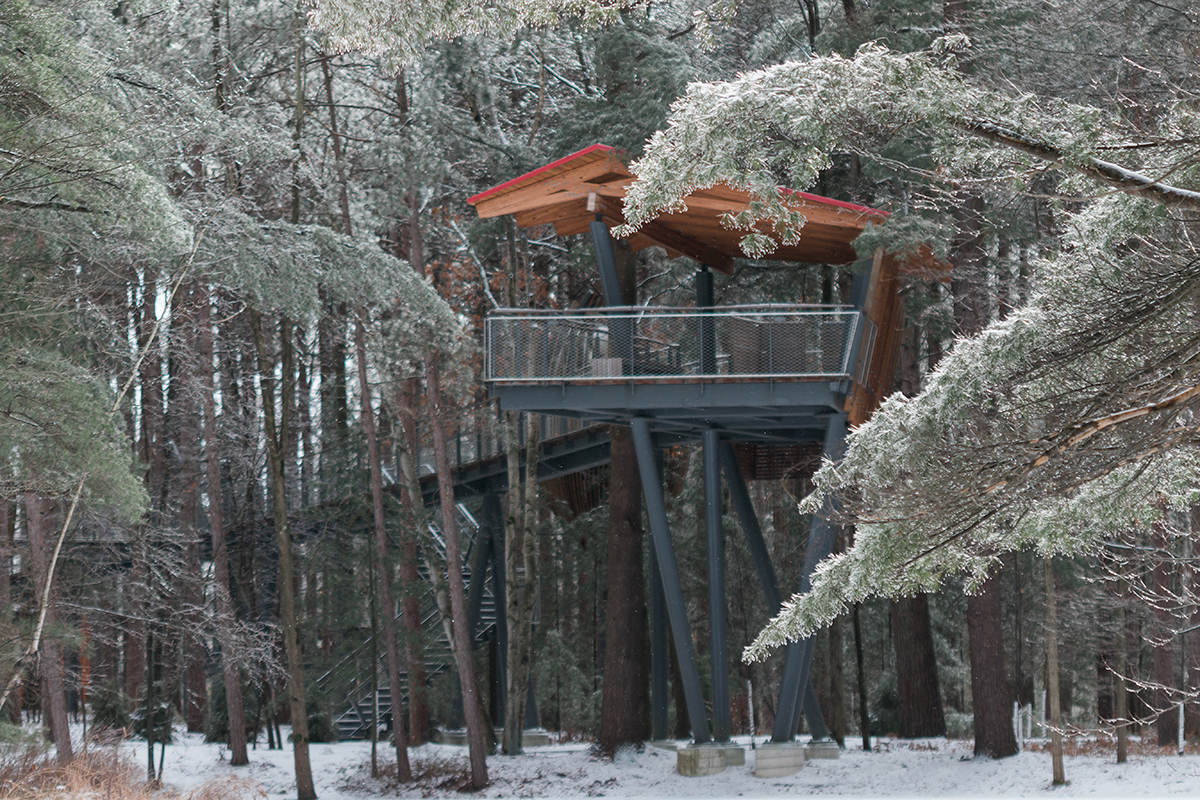WRITER | NICOLETTE CHAMBERY
PHOTOS | STEVEN HUYSER-HONIG
Freshwater Future started as a project of the Tip of the Mitt Watershed Council before spinning off in 1996 to help communities in the Great Lakes region protect their own water. Its mission is to ensure the healthy future of our waters in the Great Lakes region.
Highly educated and disarmingly kind, Jill Ryan leads the organization with a bachelor’s degree in biology, a master’s degree in zoology, as well as a Juris Doctor (JD or law) degree from Case Western Reserve University. Ryan astutely acknowledges that there is a degree of ignorance (my word, not hers) surrounding the sources and complexities of clean water sources within some communities and age groups.
There is a disconnect, in part because of advancing technology, that keeps the details or challenges of water treatment, allocation, and distribution from the forefront of citizens’ minds. Thankfully, organizations like Freshwater Future exist that highlight the central issues facing the health and welfare of the Great Lakes, providing resources to get involved and make a difference.
Freshwater Future has identified six key issues threatening the Great Lakes environment, beginning with community access to safe drinking water. Drinking Water Infrastructure is the organization’s program to ensure that the water supply is safe for the 40 million people who rely on it in the Great Lakes region. Freshwater Future provides small grants to grassroots groups addressing this problem and others related to the topic.
Freshwater Future also leads efforts to educate communities about the problems posed by “fracking,” a controversial drilling procedure whereby oil, chemicals, and sand are injected into an underground well in an attempt to fracture the rock to gain access to the oil within it. It is disputed whether or not fracking helps or hurts the environment. Leading scientists state, however, that the methane released when the oil is extracted from the well is worse for climate change, despite there being arguments in support of the practice due to the belief that the reserves burn more cleanly than coal or oil.
The proliferation of Asian carp within the Great Lakes is a third focus area for Freshwater Future, as the invasive species threatens not only the $7 billion fishing industry but the native species that also reside in the lakes. An electric barrier located outside the city of Chicago is in operation to mitigate the influx of Asian Carp into the Great Lakes. However, it is shut down periodically for maintenance. More failsafe options are being explored and propagated by scientists who believe natural barriers between the Great Lakes and Mississippi River canals are the best option.
The fourth priority of Freshwater Future is the elimination of algae blooms in Lake Erie, an ongoing effort in partnership with local conservation and environmental groups. Such blooms disrupt the function of native ecosystems by emitting toxins that are harmful to the liver, skin, and even neurology of mammals and that reduce the vitality of fish and other aquatic life. Ryan specifically asks readers to get in touch with Freshwater Future to share what they are seeing in terms of algae blooms.
Freshwater Future also provides a wealth of resources on its website regarding coal tar seal coating for pavement, which represents a health risk to the public at large, but most notably children. Baylor University studies confirm that a person consistently exposed to coal tar seal coated pavement has a 38-times greater risk of getting cancer over an individual who has not.
The final focus area of Freshwater Future is identifying ways to foster climate change adaptation strategies by sharing success stories, offering online toolkits, and hosting informational events for communities to learn more about their options for getting involved.
Freshwater Future works with local communities to intelligently and strategically counteract forces that threaten the life and sustainability of the Great Lakes. From grant programs to professional consulting, its work addresses even the most perplexing of problems and identifies solutions, empowering area residents and organizations to do the same.
Freshwater Future 325 E. Lake Street, Suite 22. Petoskey Michigan 49770 l (231) 348-8200 l FreshwaterFuture.org


